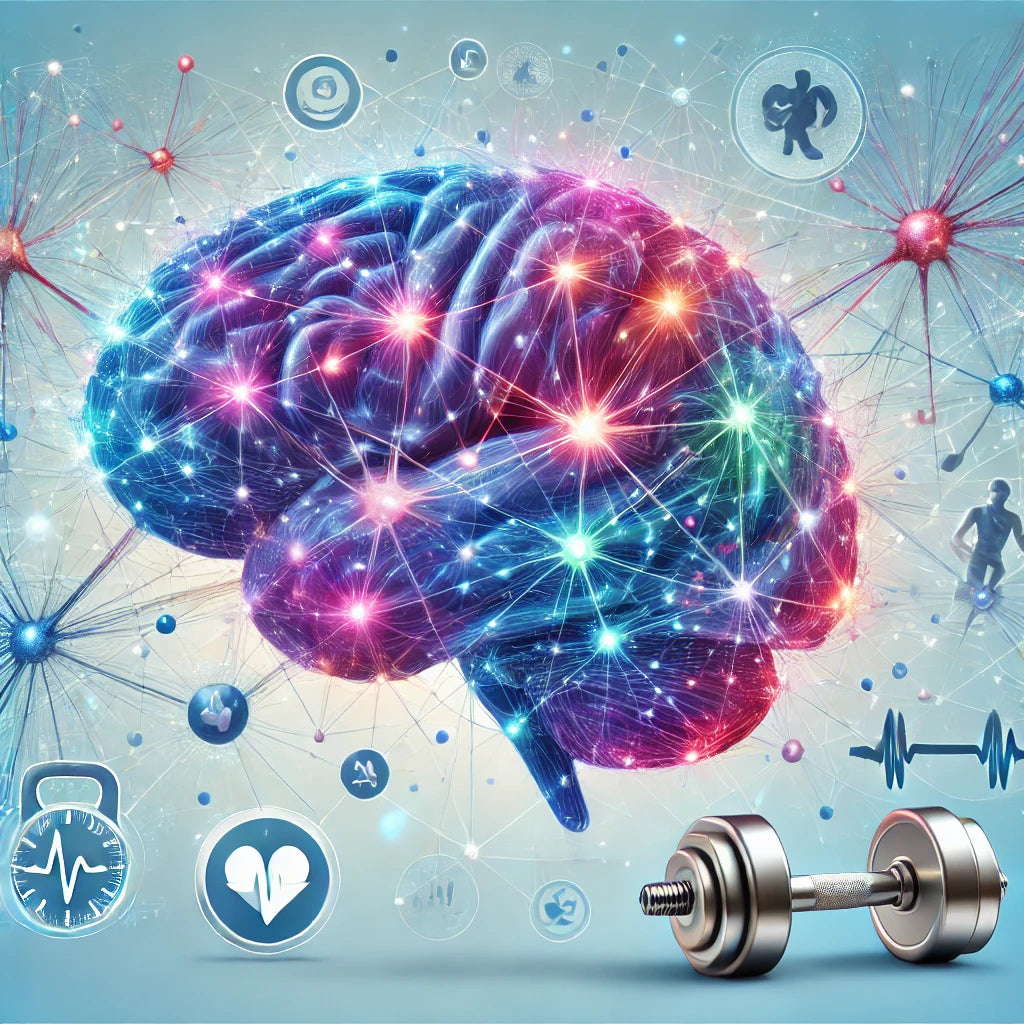News — neuroplasticity
The Mind-Body Connection in Trauma Recovery: Healing from Within
body-based therapies breathwork EMDR therapy emotional healing healing from trauma holistic trauma healing mind-body connection mind-body wellness. mindfulness for trauma nervous system regulation neuroplasticity PTSD recovery self-compassion somatic experiencing somatic healing trauma and body trauma and nervous system trauma recovery trauma release trauma-informed yoga
Trauma leaves an undeniable imprint, not just on the mind but also on the body. The journey to healing often requires addressing both aspects to restore balance. The mind-body connection plays a pivotal role in trauma recovery by facilitating emotional release, regulating the nervous system, and restoring a sense of safety. Understanding how trauma manifests physically and mentally empowers individuals to heal from within.
Modern research highlights that trauma can get "trapped" in the body, leading to chronic pain, tension, and emotional dysregulation. By leveraging somatic therapies, mindfulness, and other body-based approaches, survivors can reestablish a profound connection between their mind and body, promoting deep healing.
Regaining Mobility After Stroke: The Importance of Physical Therapy
balance training neuroplasticity occupational therapy physical therapy regain mobility strength training stroke exercises stroke recovery stroke rehabilitation walking after stroke
A stroke can be life-altering, affecting mobility, strength, and independence. The sudden interruption of blood flow to the brain can result in muscle weakness, paralysis, and coordination difficulties, making everyday tasks a challenge. However, physical therapy plays a crucial role in regaining mobility and improving quality of life after a stroke.
The human brain has an incredible ability to adapt, known as neuroplasticity. With targeted exercises, movement retraining, and rehabilitation strategies, stroke survivors can regain lost functions. This guide explores the importance of physical therapy after a stroke, the best rehabilitation techniques, and how to enhance recovery for long-term success.
Boost Your Brainpower: The Benefits of Cognitive Training
boost mental performance brain fitness brain training techniques brainpower cognitive decline prevention cognitive health cognitive training enhance brain function focus enhancement memory and focus strategies memory improvement mental acuity mental exercises mental stimulation activities neurocognitive exercises neuroplasticity sharp focus tips
In today’s fast-paced world, maintaining peak mental performance is more important than ever. Cognitive training, a series of mental exercises designed to enhance brain function, has gained recognition for its ability to improve memory, focus, and overall mental acuity.
This article explores the benefits of cognitive training, its impact on brain health, and actionable strategies for incorporating it into your daily routine to unlock your full cognitive potential.
The Power of Connection: Social Interaction and Brain Health
brain health cognitive function health and wellness healthy aging mental well-being neuroplasticity ocial engagement social connections social interaction
The human brain thrives on connection. Social interaction is not just a cornerstone of emotional well-being but also a key contributor to cognitive health. Studies show that maintaining strong social bonds can enhance memory, improve problem-solving skills, and even delay the onset of neurodegenerative diseases.
This article delves into the science behind social interaction and brain health, exploring how meaningful connections can help you stay sharp and thrive mentally at any age.
Exercise and Brain Plasticity: Enhancing Cognitive Health Through Physical Activity
aerobic exercise BDNF brain function brain plasticity cardiovascular health cognitive health cognitive resilience cognitive therapy endorphins exercise benefits hippocampus memory improvement mental agility mind-body exercises neurogenesis neuroplasticity neurotransmitters strength training stress reduction synaptic plasticity
Physical activity and cognitive health have a closer link than many realize, with mounting scientific evidence that exercise can profoundly impact brain plasticity and overall cognitive well-being. Brain plasticity, or neuroplasticity, is the brain’s remarkable ability to adapt, form new connections, and reorganize itself in response to learning and experience. The benefits of exercise extend beyond physical fitness; they stimulate mental agility, improve memory, and even bolster emotional health. Here, we’ll explore how exercise triggers neuroplasticity and the positive effects this has on the brain's structure and function.





